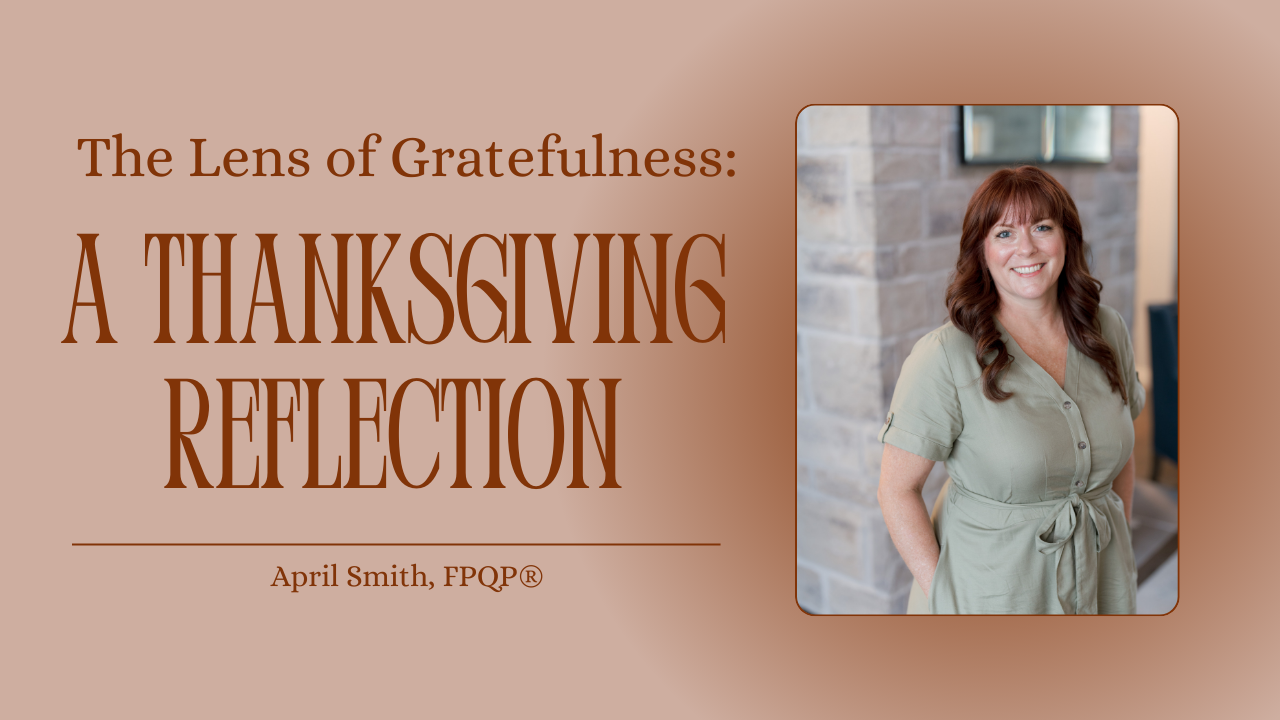Austin Koplan, CPA
Presidential elections always seem to add a feeling of uncertainty and the illusion of risk but they have historically had little impact on economic or market performance.
Since 1945, we have had 22 presidential terms split equally amongst Democrats and Republicans. Under Democratic presidencies, the market has generated annualized returns of 9.6% and experienced an average max drawdown of 17%. Under Republican presidencies, the market has generated annualized returns of 7.6% and experienced an average max drawdown of 32%.

When adding in the control of congress, average annual GDP and S&P 500 growth was 2.8% and 12.9% under a Republican controlled government, 4.0% and 9.3% under a Democratic controlled government, and 2.7% and 8.3% under a divided government. Further evidence that political control has little impact on economic or market performance.

While it is easy to compute performance under various political parties, the numbers don’t tell the full story. Businesses and the economy don’t start over when a president is elected. Thus, it is extremely difficult to allocate performance across administrations. Not to mention the impacts of unexpected natural disasters or geopolitical events that can hamper any party.
Bush was elected in the midst of the tech bubble and was impacted by 9/11 in his first year, Obama was elected in the midst of the Great Financial Crisis (GFC) and the highest unemployment rate since the ‘80s, Trump was hit by a global pandemic, and Biden inherited significant supply chain disruptions and rising inflation. How much of the economic and market performance during their terms is attributable to them, the president(s) before them, or good/bad luck?
Rarely do these market moving events start and end under one term.
- Many tech stocks didn’t hit new all-time highs for over a decade after the tech bubble burst in 1999 (including Microsoft which didn’t fully recover until 2016)
- We have had troops in and out of Iraq since 2003
- Monetary easing and low interest rates were a tailwind from 2008-2022 in response to the GFC
- Whoever our next president is will almost certainly be dealing with the headwind of higher prices and rates as a result of pandemic and fiscal spending induced inflation.
While it may give us a sense of security to know one political party or another is in charge, the reality is the economy is complex, unexpected global events transpire, market drawdowns happen, businesses are highly adaptable, productivity gains are generated over time, and the market trends up over the long-term – regardless of who is in office.
Everyone is entitled to their own political beliefs. Reality is and the market has shown this time and time again, those beliefs have little bearing on investment performance. When in doubt, let your long-term goals and risk tolerance guide your decisions.
The opinions expressed are those of PYAW’s Investment Team. The opinions referenced are as of the date of publication and are subject to change due to changes in the market or economic conditions and may not necessarily come to pass. Forward-looking statements cannot be guaranteed.
PYA Waltman Capital, LLC (“PYAW”) is an investment adviser registered with the U.S. Securities and Exchange Commission. Registration does not imply a certain level of skill or training. More information about PYAW’s investment advisory services can be found in its Form ADV Part 2, which is available upon request. PYA-24-34



.png)


.png)